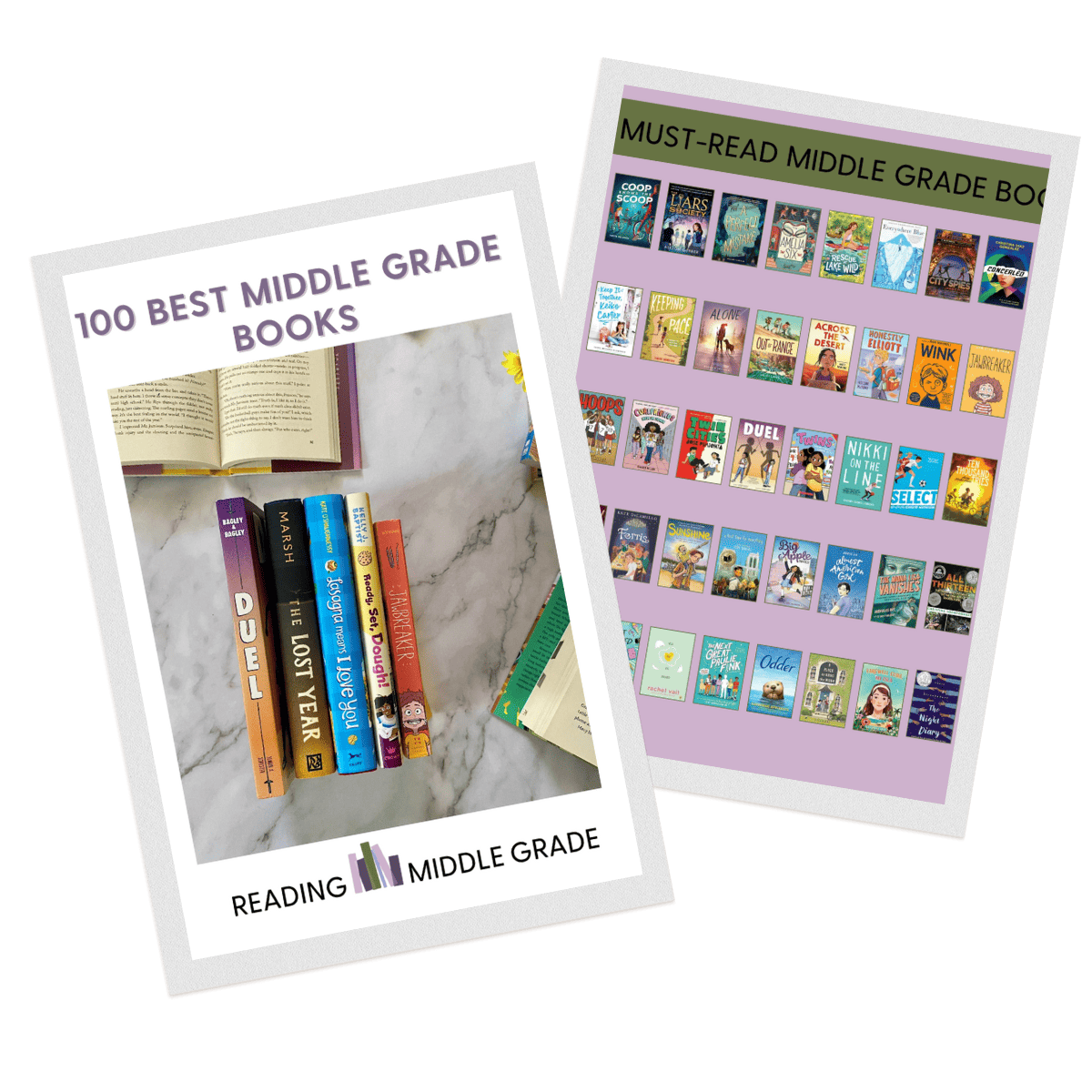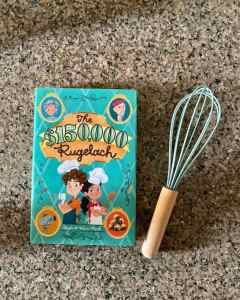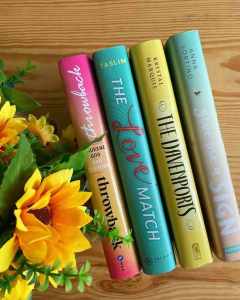
Summary: Maybe You Should Talk to Someone
In Maybe You Should Talk to Someone, licensed therapist Lori Gottlieb pulls back the curtain on the process of therapy while analyzing the lives of four of her clients and the way they relate to hers. The four clients — John (a seemingly narcissistic TV producer), Charlotte (a young woman with abandonment issues), Julie (a newlywed with terminal cancer), and Rita (a depressed elderly woman) — have distinct issues, but somehow Gottlieb finds a connection between their circumstances and her current life situation. She (Gottlieb) having just experienced a “shocking” breakup is concurrently seeing a remarkably insightful therapist whom she calls “Wendell.” As her clients grow through therapy, readers get a closer look at how therapy works and how similar all of our lives are.
The Good
This book is my favorite secular work of non-fiction so far. As someone who’s interested in (and fascinated by) human psychology and storytelling, it hits all the right notes for me. Gottlieb is compassionate and discerning as she handles her clients’ lives — although less perceptive with her emotions (as most humans can be). She discusses psychology in a highly accessible and not overwhelming manner, writing about everything from attachment styles to personality disorders and how they affect our emotional health.
Reading this book felt a lot like therapy and highlights that at the end, we’re all human and many of us have similar issues. Our most common emotional challenges come from desiring connection and scaling the obstacles to that desire. We struggle with our uncomfortable feelings — anger, uncertainty, grief, loneliness — and that struggle impacts our relationships negatively. Instead of confronting negative emotions, we hide from them and cause more problems for ourselves.
In the end, as Gottlieb says, that is what therapy is for: to help us figure things out. These are some of my favorite quotes from the book, about life and therapy:
Our [therapists’] work is an intricate dance between support and confrontation.
Gottlieb, L. Maybe You Should Talk to Someone, page 154.
…no matter where people fall on those continuums, every decision they make is based on two things: fear and love. Therapy strives to teach you how to tell the two apart.
Gottlieb, L. Maybe You Should Talk to Someone, page 234.
But what underlies a person’s type, in fact, is a sense of familiarity. It’s no coincidence that people who had angry parents often end up choosing angry partners.
Gottlieb, L. Maybe You Should Talk to Someone, page 192.
“The opposite of depression isn’t happiness, but vitality.”
Gottlieb, L. Maybe You Should Talk to Someone, page 165.
Sharing difficult truths might come with a cost—the need to face them—but there’s also a reward: freedom. The truth releases us from shame.
Gottlieb, L. Maybe You Should Talk to Someone, page 293.
Wendell once pointed out that we talk to ourselves more than we’ll talk to any other person over the course of our lives but that our words aren’t always kind or true or helpful—or even respectful. Most of what we say to ourselves we’d never say to people we love or care about, like our friends or children. In therapy, we learn to pay close attention to those voices in our heads so that we can learn a better way to communicate with ourselves.
Gottlieb, L. Maybe You Should Talk to Someone, page 404.
Overall: Maybe You Should Talk to Someone
I LOVED this book, and I haven’t loved any piece of non-fiction this much in a while. Gottlieb’s writing is simple, but poignant; refreshing; and sharp. Her observations about life and the human psyche are astute and it is impossible to read this book without holding a mirror to our own lives and emotions. If you enjoy human psychology, therapy, or just beautiful, moving prose about the lives of real people, you’ll love Maybe You Should Talk to Someone.
Buy This Book
Have you read this book or any other great non-fiction recently? I’m currently reading this book by Bess Kalb, and Chanel Miller’s memoir is next on my non-fiction list. What are your favorite adult non-fiction books?
More Adult Non-Fiction Reviews
- The Escape Manual for Introverts by Katie Vaz
- I’m Telling the Truth But I’m Lying by Bassey Ikpi













What do you think? Leave a comment